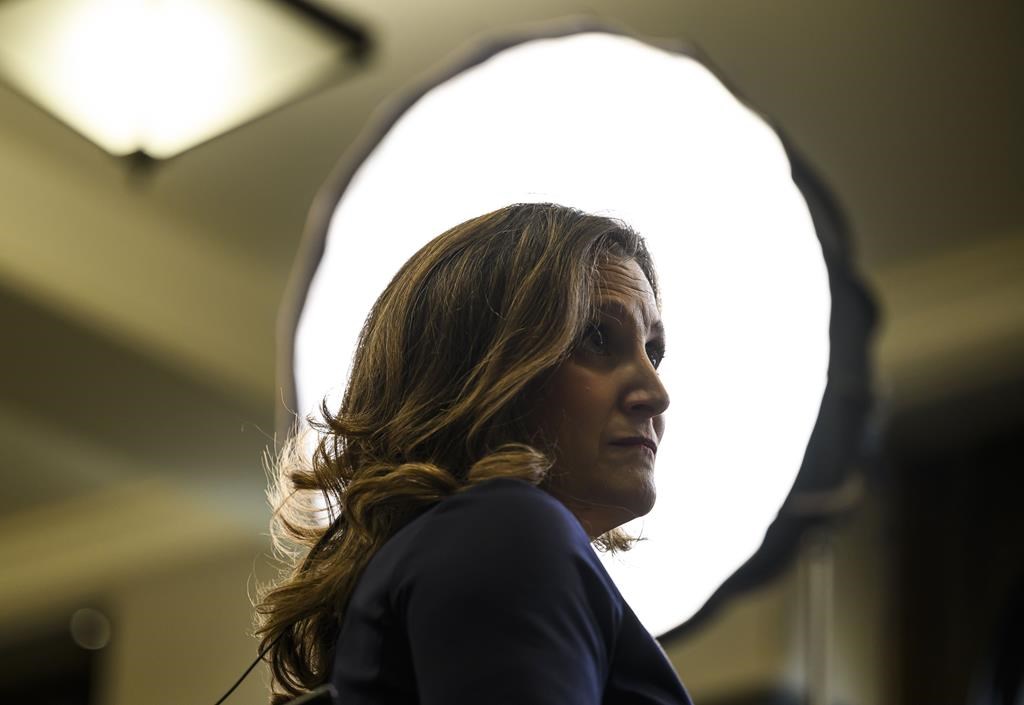South African judge acquits Briton of honeymoon murder; justice ministry orders inquiry
Posted Dec 8, 2014 6:43 am.
This article is more than 5 years old.
JOHANNESBURG – A British businessman was acquitted Monday of paying hitmen to kill his wife while they were on their honeymoon in South Africa and making it look like a botched carjacking — a verdict that prompted a call by the justice minister for an inquiry into it and other recent high profile prosecutions.
Shrien Dewani, who fought extradition from Britain for years, was found not guilty in the 2010 shooting death of his wife, Anni, in a township outside Cape Town. In issuing her ruling, Judge Jeanette Traverso said the prosecution was riddled with inconsistencies.
“There is no evidence upon which a reasonable court, acting carefully, can convict the accused,” the judge said.
Anni Dewani’s stunned family bowed their heads amid shouting from the public gallery. “The justice system has failed us,” said Ami Denborg, Anni Dewani’s sister.
“Our family … returns home with more questions than answers and sleepless nights for the rest of our lives,” the victim’s uncle, Ashok Hindocha, said in a statement.
The Dewani trial opened in October as another sensational courtroom drama involving the shooting death of a young woman was drawing to a conclusion — that of Oscar Pistorius, the double-amputee track star. Like the Pistorius case, the Dewani trial focused attention on South Africa’s post-apartheid justice system, high crime rate and police forensic investigations.
Monday’s not-guilty verdict prompted the South African Justice Ministry to demand a report on why this and other prominent cases have been lost by state prosecutors.
Justice Minister Michael Masutha requested a full inquiry into the Dewani case and two others: that of Pistorius, who was convicted of the lesser charge of culpable homicide in the killing of his girlfriend, Reeva Steenkamp, and the investigation into the shooting death of South Africa’s national soccer team captain, Senzo Meyiwa.
“He wants to reflect on how the system has fared in all these high profile cases that have been negatively reported,” Justice Ministry spokesman Mthunzi Mhaga said of the order. “Negative reporting to him means criticism of the system.”
Kelly Phelps, a legal expert from the University of Cape Town said the public outcry over the Dewani case did not mean Judge Traverso’s ruling was unfair. The judge’s detailed ruling, read over three hours, was carefully considered, she said.
“The fault here lies with the preparation of the state’s case, not the judge’s handling of the case,” Phelps said.
Dewani, a wealthy businessman with a jet-set lifestyle, never took the stand during the trial and outlined his version of events in a statement read out in court. In it, he said his wife was shot to death when they were kidnapped at gunpoint and he was forced out of the car.
Dewani also acknowledged being bisexual and surfing gay websites after his wife’s death — apparently to pre-empt any prosecution effort to argue that he murdered because he felt trapped in the marriage. But he maintained he was devoted to the relationship with his wife, a Swedish nation, who like Dewani, was of Indian descent.
Two South African men, already convicted of the murder, testified that Dewani paid 15,000 rand (about $2,100) for them to kill his wife. However, in cross-examination they contradicted each other and changed details of their stories. A third man was also convicted, but died recently in prison.
Judge Traverso said the evidence was riddled with inconsistencies.
“There were so many lies, mistakes and inconsistencies, that one simply cannot know where the lies end and where the truth begins,” said Traverso, who delivered the ruling after deliberating for two weeks on the defence’s application to dismiss the case.
After the verdict, Dewani was released from a hospital where he had been held for depression.
South Africa’s prosecuting authority said it still believes that Dewani orchestrated his wife’s murder.
“It is unfortunate that Mr. Dewani has been acquitted because we believe that he was involved,” said Nathi Mncube, the prosecution’s spokesman. “The court did not find that he was innocent. The court said it could not rely on the evidence given by three witnesses who themselves had been convicted of the crime.”
Mncube denied that the case had collapsed because of a “shoddy police investigation.”










